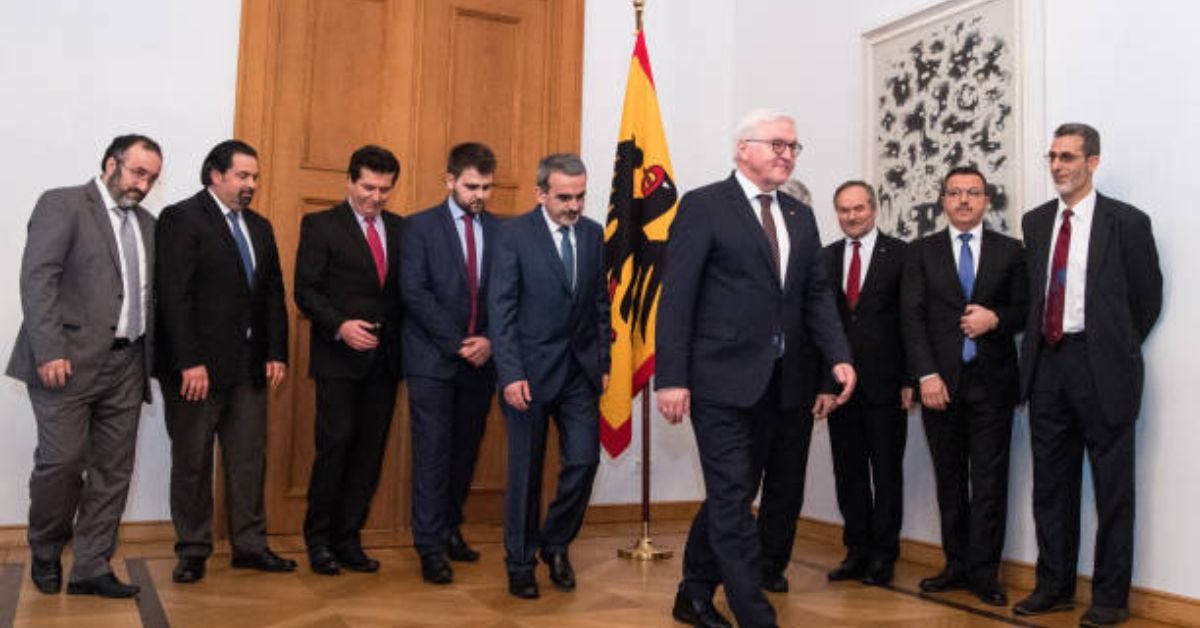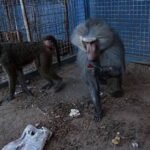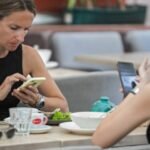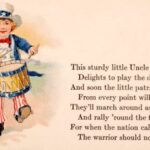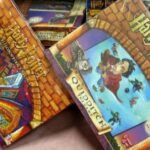Morocco’s official language is Modern Standard Arabic (MSA), used in government, education, and formal settings. Sounds simple, right? Here’s the twist: most Moroccans don’t speak MSA in daily life. Instead, they converse in Darija (دريجة) – Moroccan Arabic. Think of it like the difference between written English (formal) and spoken English dialects (informal). Darija is the lingua franca of street markets, family dinners, and friendly banter.
What is Darija Language, Exactly?
Darija (pronounced “dree-jah”) is a unique blend of:
- Arabic (root language, 70% vocabulary)
- Berber (Tamazight) influences (especially in rural areas)
- French (colonial legacy, used in business and education)
- Spanish (in northern regions, due to historical ties)
It’s not just a dialect – Darija has its own grammar, slang, and even humorous twists. For example:
- “Kayn?” means “Is there?/Do you have?” (e.g., “Kayn khobz?” = “Is there bread?”).
- “Wakha?” translates to “Okay?” or “Alright?” (like “Ça va?” in French).
Darija Pronunciation: The Fun Part (and the Tricky Bit)!
Moroccans love to exaggerate vowels and soften consonants. Try these:
- “Shukraan” (Thank you) sounds like “shkran” (quick, guttural “kh”).
- “Marhaba” (Hello) becomes “Mrahba” (fluid, almost musical).
Pro tip: Record a local (or use language apps) to master the Darija pronunciation. Trust me, your “As-salamu alaykum” will earn double the smiles!

What Language Do Most Moroccans Speak at Home?
Here’s the breakdown:
- Darija (Moroccan Arabic): 90% of daily conversations.
- Tamazight (Berber): 10–15% in rural areas (Rif Mountains, Atlas regions).
- French: Widely taught in schools, used in business, medicine, and tech.
- English: Rising star among youth (tourism, startups).
A Real-Life Language Lesson: “I Tried Speaking Darija for 1 Week”
“I was hesitant to order ‘msemen’ (pan-fried pancake) at a Marrakech café. In broken Darija, I said ‘Hadak msemen, kayn?’ (That msemen, is it available?). The vendor laughed, corrected me ‘Hada, not hadak!’ (feminine vs. masculine noun), and handed me a free pastry. Darija isn’t just a language – it’s a bridge.”
Sound familiar? Moroccans cherish their linguistic identity. Even a few words in Darija can turn strangers into friends.
The French Connection: Why Moroccans Speak French Fluently
Morocco was a French protectorate (1912–1956), leaving a lasting legacy:
- Schools: French is taught from primary level.
- Business: Contracts, negotiations, and official documents.
- Tourism: Hotel staff, guides, and restaurant menus.

Don’t be surprised if your taxi driver switches from Darija to fluent French when discussing “Le prix pour l’aéroport, s’il vous plaît?” (The price to the airport, please?).
Berber (Tamazight): The Ancient Heartbeat of Morocco
Tamazight is an official language (recognized in 2011) spoken by Berber communities:
- Rif Mountains: Tarifit dialect.
- Atlas Mountains: Tachelhit and Central Tamazight.
You might see Tifinagh script (ⵉⵎⵣⵖⵔⵏ) on road signs or cultural posters. It’s not extinct – TV channels, schools, and apps promote its revival.
The English Wave: Why Younger Moroccans Are Switching
With tourism booming and startups thriving, English is the new cool:
- Schools: Introduced in primary curriculum.
- Online courses: Duolingo, Babbel offer Darija and English side-by-side.
- Netflix: Local shows subtitled in English attract global audiences.
Frequently Asked Questions
Q: Is Arabic the only language spoken in Morocco?
A: Nope! While Modern Standard Arabic is official, 90% of Moroccans speak Darija daily. Add Tamazight (Berber), French, and rising English – it’s a multilingual mosaic.
Q: Can I get by speaking only English in Morocco?
A: In tourist hubs (Marrakech, Fez) – yes. Hotel staff, guides, and younger folks speak English. Outside cities? Learn basic Darija (e.g., “Shukraan”, “Mrahba”) – locals appreciate the effort!
Q: How similar is Darija to Arabic?
A: Think Spanish vs. Latin. Darija evolved from Arabic but has unique vocabulary (French, Spanish loanwords) and simplified grammar. MSA is formal; Darija is the street-smart cousin.
Q: Are there language apps to learn Darija?
A: Yes! Try Mosalingua (Darija course), HelloTalk (native speakers correct you), or YouTube channels like “Learn Darija”. No app? Ask a local friend – Moroccans love teaching!
CONCLUSION
By now, “what language do Moroccans speak” shouldn’t feel like a trivia question. It’s a passport to connection:
- Respect culture: Greet with “As-salamu alaykum”.
- Navigate markets: Ask “Kayn…?” (Is there…?).
- Make friends: Laugh over mispronounced Darija jokes.
CLICK HERE FOR MORE BLOG POSTS
There’s a certain weight in the words John Authers writes—not just because of what he knows, but how he shares it. His voice doesn’t just echo facts; it builds meaning. In a world overwhelmed by rushed opinions and robotic summaries, John’s writing feels… different. It feels lived-in, thoughtful, and deeply human.
Readers don’t turn to John for headlines—they come for context. They come for that rare blend of clarity, insight, and emotional depth that turns financial journalism into something closer to storytelling. His reflections on markets, geopolitics, or human behavior aren’t just readable—they’re relatable.
What sets John apart isn’t just his experience (though he has plenty of it). It’s his ability to pause, reflect, and explain the why behind the what. He writes like someone who’s been in the room where it happens—but never forgets the reader who hasn’t.
In 2025, when AI churns out articles in milliseconds, John Authers still writes like a human—and that, more than anything, is what makes his work worth reading.
